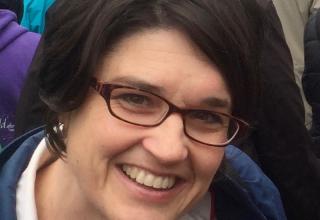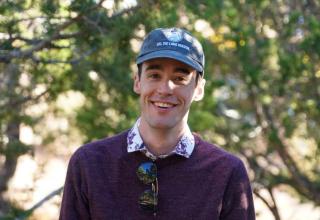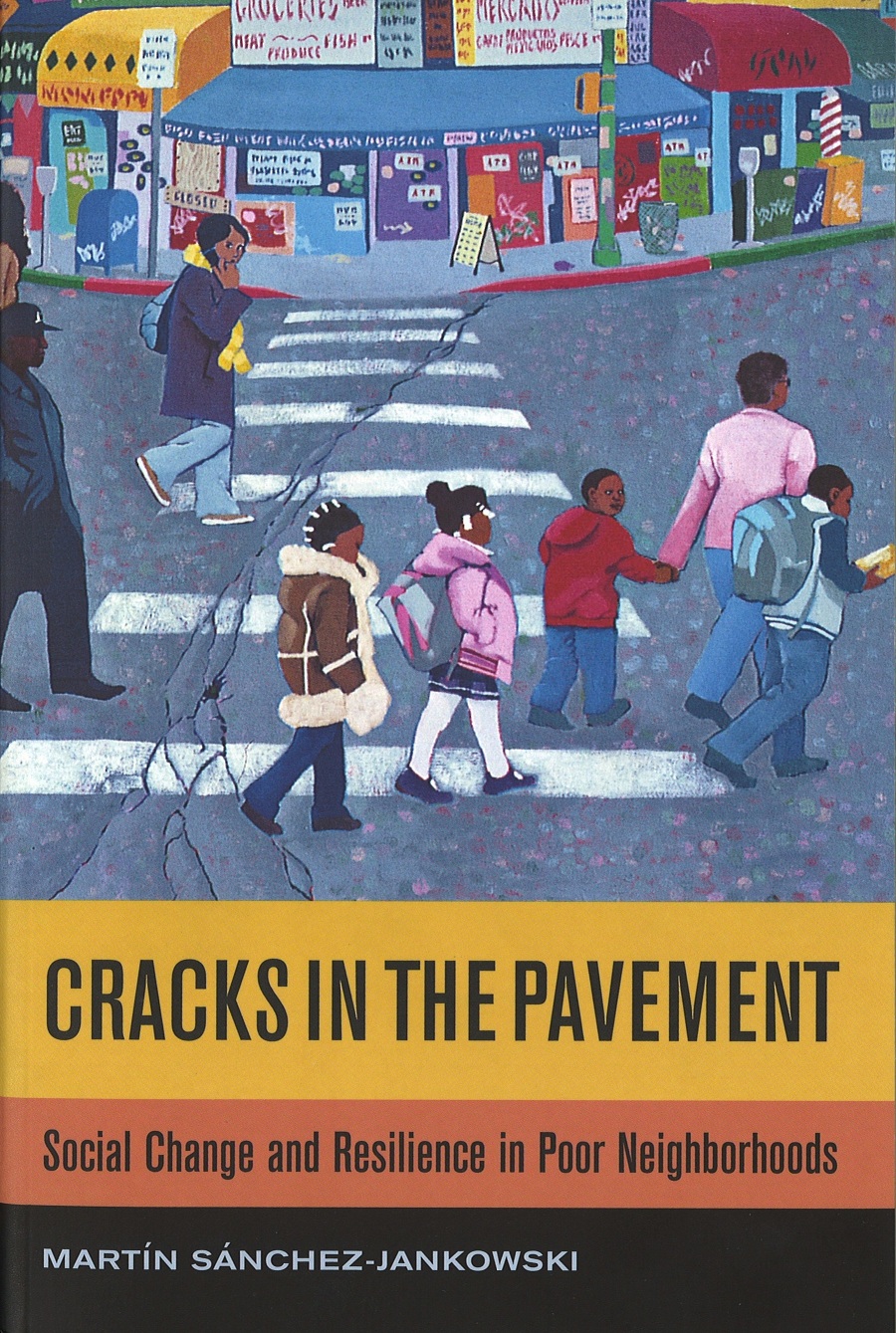
Berkeley Sociology mourns the loss of Michael Burawoy, a world-renowned sociologist and professor emeritus who died February 3. Professor Burawoy is famous for his contributions to theory, methods, analyses of labor processes in industrial worksites, and analyses of the university as a workplace..
As ASA President, Burawoy developed and advanced his call for “public sociology” a call that energized more diverse and younger generations of sociologists to practice sociology through proactive engagement with concerns and questions that emanate from communities beyond academia. As ISA President, Burawoy built infrastructure for sustained scholarly exchange between scholars of the “global south” and the “global north.”
Burawoy’s teaching and mentoring were legendary, as were his commitments to the improvement of pedagogy and sustaining accessible, high-quality public education. Read more about Professor Burawoy’s life and legacy as well as the memories and tribes from his students and colleagues..

Prof. Einstein served graduate students as a model of prudence in remaining unfashionably true to the grand…
Cracks in the Pavement: Change and Resilience in Poor Neighborhoods
Cracks in the Pavement: Change and Resilience in Poor Neigborhoods
Departmental Colloquium Series
Jackelyn Hwang, "Beyond Displacement: Gentrification and Residential Instability in the New Housing Crisis"
Monday April 28th, 2025 at 2:00 pm - 3:30 pm
Blumer Room - 402 Social Sciences Building and via zoom
Abstract:
The Great Recession was marked by the collapse of the housing market and foreclosure crisis, but many places now face a new housing crisis marked by the lack of affordable housing. In 2019, nearly 50% of renters reported paying more than 30% of their income toward rent, compared to 37% in 2000. While prior scholarship posits increased residential mobility as gentrification spreads and intensifies, gentrification’s spread can also decrease residential mobility as affordable options become limited. Drawing from consumer credit data and in-depth interviews with 80 low-income renters from the City of Oakland, this talk will present research assessing the relationship between gentrification, residential mobility, and alternative forms of housing instability amidst a changing housing landscape. Findings have theoretical implications for scholarship on gentrification and displacement and policy implications for addressing housing needs for low-income renters and homelessness prevention efforts.



